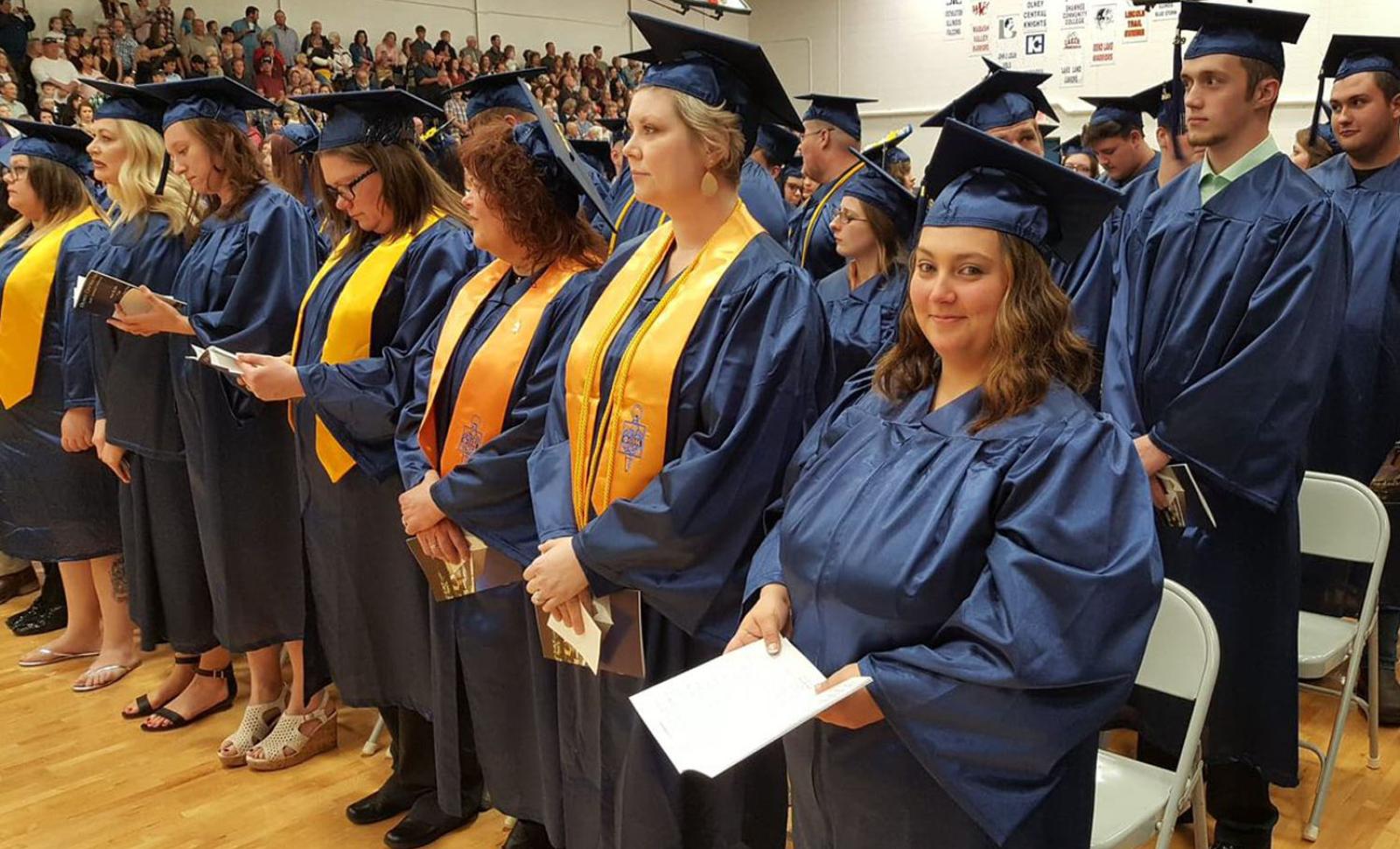The Aspen Institute has named Olney Central College as one of the 150 institutions eligible to compete for the $1 million Aspen Prize for Community College Excellence, the nation's signature recognition of high achievement and performance among two-year colleges. The institutions selected for this honor stand out among more than 1,000 community colleges nationwide as having high and improving levels of student success as well as equitable outcomes for Black and Hispanic students and those from lower-income backgrounds.
Olney Central College President and IECC Vice Chancellor of Business Operations Chris Simpson said the honor recognizes the hard work and dedication of OCC faculty and staff along with the college’s commitment to providing exceptional services to students.
“The national ranking by the Aspen Institute is in line with the long legacy of educational excellence at Olney Central College,” Simpson said. “For 60 years, OCC has been helping to set students on their path to a successful future.”
The Aspen Prize spotlights exemplary community colleges in order to drive attention to colleges achieving post-graduate success for all students, and is a central way Aspen researches highly effective student success strategies that are shared with the field. The 150 eligible colleges have been invited to submit student success data and narratives about strategies to achieve better and more equitable student outcomes as the next step in an intensive review process that culminates in the naming of the Aspen Prize winner in Spring 2025.
The eligible colleges represent the diversity and depth of the community college sector. Located in urban, rural, and suburban areas across 30 states, these colleges serve as few as 169 students and as many as 49,619.
“The Aspen Prize is rooted first and foremost in an assessment of whether colleges are walking the walk,” said Josh Wyner, executive director of the Aspen Institute College Excellence Program. “As community colleges face enrollment variations, enroll students with pandemic-related learning loss, and graduate students into a rapidly changing labor market, it is easy to lose track of what matters most. The best community colleges are continuing to focus on advancing the core mission: making sure as many students as possible graduate with credentials that lead to fulfilling careers and reflect the development of diverse talent that communities, states, and our nation need.”
While community colleges are an essential contributor to our nation’s success, student outcomes vary substantially among institutions. Aspen measures those variances using multiple data sources and honors colleges with outstanding achievement in six critical areas: teaching and learning, certificate and degree completion, transfer and bachelor’s attainment, workforce success, equitable access to the college, and equitable outcomes for students of color and students from low-income backgrounds.
“These 150 colleges have achieved high and improving levels of student success for all students, including those who are often failed by our institutions,” Wyner said. “We’re excited to learn over the coming months how they achieved that success so we can share the most impressive practices with others in the field.”
Simpson said Olney Central College’s selection as an Aspen Prize Top 150 U.S. Community College, affirms OCC’s exceptional instruction and provides students with yet another reason to make OCC their first choice.
“Not only will students have outstanding educational opportunities at OCC, but they will also have smaller class sizes and a variety of student support services, all at an affordable cost that will not leave them with a large amount of student debt,” he added.
In this first round, eligibility for the Aspen Prize is based on publicly available data. Colleges must show strong, improving, and equitable student outcomes in first-to-second year retention, credentials awarded, and completion and transfer rates. Nationwide, about 15 percent of community colleges have been invited to apply (150 of just under 1,000 public two-year colleges assessed for Prize eligibility).
For a full list of the top 150 eligible institutions and to read more on the selection process, visit https://highered.aspeninstitute.org/aspen-prize/.


